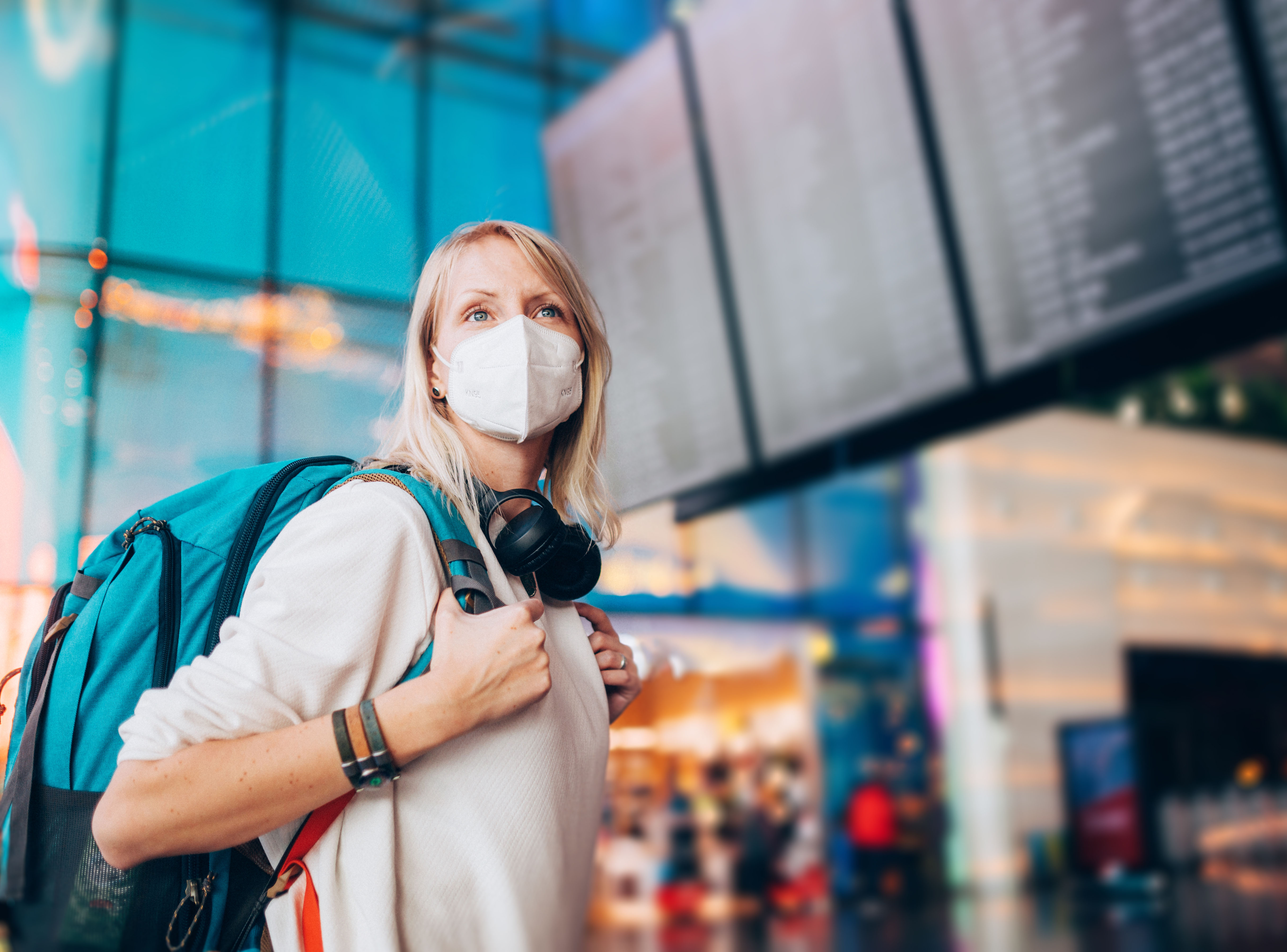 “We’re as ready as we can be.”
“We’re as ready as we can be.”
That’s the view of COVID-19 policy expert Professor Jaya Dantas, who argues that from a health perspective, it is time for WA to move forward and regroup with the rest of world.
Prof Dantas, from Curtin University’s school of population health, said West Australians had done everything they could to protect themselves from COVID and reduce the impact on the health system.
As the hard border ends this week, more than 95% of West Australians aged 12 and over have been double-vaccinated, one of the highest rates among Australian States.
West Australian hospitals will perform fewer elective surgeries and further restrict visits as the health system moves to “red alert.” All healthcare workers will be required to wear N95 face masks, and the use of telehealth will increase for outpatient services.
Low hospital numbers
“As a community we are doing everything to reduce transmission and the number of cases, resulting in fewer hospitalisations, ICU presentations and deaths in WA,” Prof Dantas said.
“While some of the restrictions will test us — including masks for school children from year 3; 50% capacity at all large events; rules for indoor settings like pubs, cafes, restaurants, hairdressers and gyms; and protection for our priority groups – these will help in flattening the curve of the virus.”
Prof Dantas said the next 8-10 weeks were critical.
“As a community we need to come together and support each other, and information sharing for priority groups needs to be simple, transparent and community-led.”
Give us a break
But the Australian Medical Association WA also warned this week that health services had to do their best to allow staff to take leave, even as COVID cases mounted with the border re-opening.
It said limited access to annual leave was a perennial issue that had been a point of frustration and concern for many doctors working in WA’s public health system.
Long before current workforce shortages and the impact of COVID-19 furlough requirements had any bearing on the prospects of time off work in 2022, doctors in training in particular had struggled to access their annual entitlements.
The AMA said doctors in WA had traditionally looked towards a seasonal influx of overseas-trained DiTs to provide the required workforce relief and access to leave.
But the deferred arrival of these doctors for the past two years had compounded existing problems faced by WA’s medical workforce in accessing leave.

